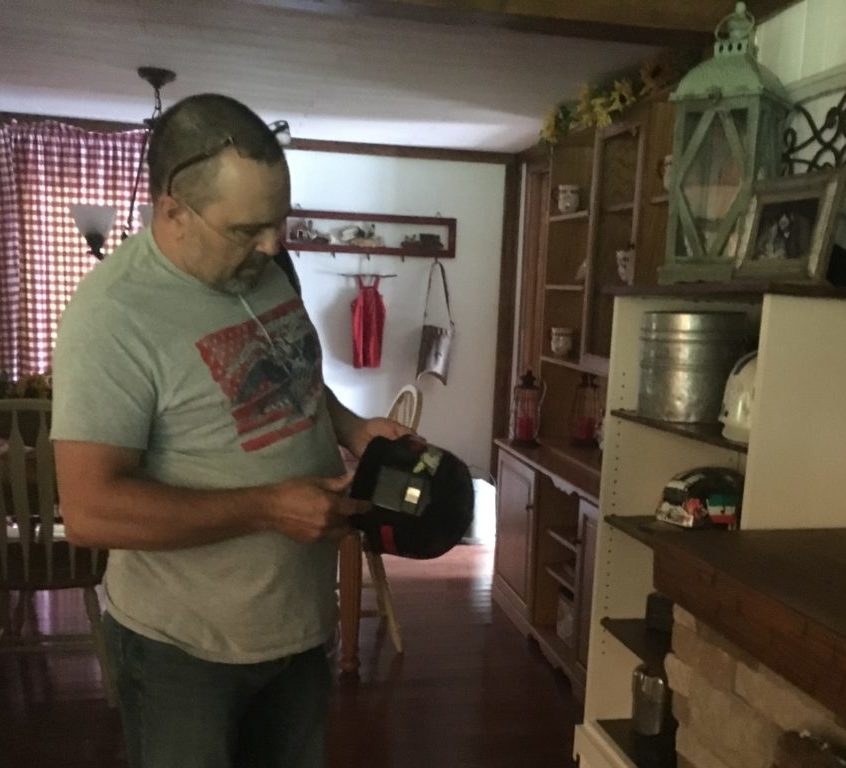News
As Disabled Miners Hit D.C., Lawmakers Introduce Bills To Fund Black Lung Benefits
By: Sydney Boles | Ohio Valley ReSource
Posted on:
Democratic members of Congress introduced legislation Tuesday to provide additional funding for coal miners suffering from black lung. The bills came as a contingent of Appalachian miners afflicted with the disease lobbied lawmakers for more support.
“It doesn’t only take your health. It takes your identity,” Barry Johnson said of the disease. Johnson is a fourth-generation coal miner from Letcher County, Kentucky, who made the trip to Washington with his oxygen tank in tow.
A bill introduced in the House by Rep. Bobby Scott of Virginia and Rep. Alma Adams of North Carolina would restore a tax on coal that supports the federal Black Lung Disability Trust Fund, which provides benefits for some 25,000 disabled miners and their families.
That tax rate expired last year, adding to the trust fund’s growing debt. A separate bill proposed in the Senate by Sen. Bob Casey of Pennsylvania would make it easier for miners to access federal black lung benefits.
Federal research shows one in every five experienced miners in the region is affected, and more than 2,000 have been diagnosed with the most severe form of the disease.

Vital Fund
The trust fund provides care and benefits for miners in cases where no responsible mine company can be identified or when the company has gone out of business. The fund pays medical benefits and about $670 per month in benefits to disabled coal miners and provides a supplement for survivors and dependents.
The fund is financed primarily by a tax on coal first established in 1978. When the fund was not able to meet demands Congress increased the tax to about a dollar a ton of coal mined. That tax rate was authorized again in 2008 for another ten-year period but the fund still fell more than $4 billion in debt.
Despite that growing debt and a growing number of black lung cases, Congress allowed that tax rate to expire and at the end of 2018, the tax rate was cut in half. The Government Accountability Office projects that the reduced tax and the effects of a decline in coal production will push the fund’s debt to $15 billion by 2050.
Political Stalemate
The bills stand little chance of passage without support from Senate Majority Leader Mitch McConnell of Kentucky. McConnell has promised that miners will not lose benefits but he has not committed to restoring the tax on the coal industry.
McConnell met with Johnson and the other miners visiting the Capitol.
“We did get some assurances that benefits wouldn’t be cut, but it’s kind of hard to put a lot of faith in the statement that everything is going to be okay,” Johnson said.
The coal industry lobbied against the higher tax rate, arguing that it could put coal companies out of business.

